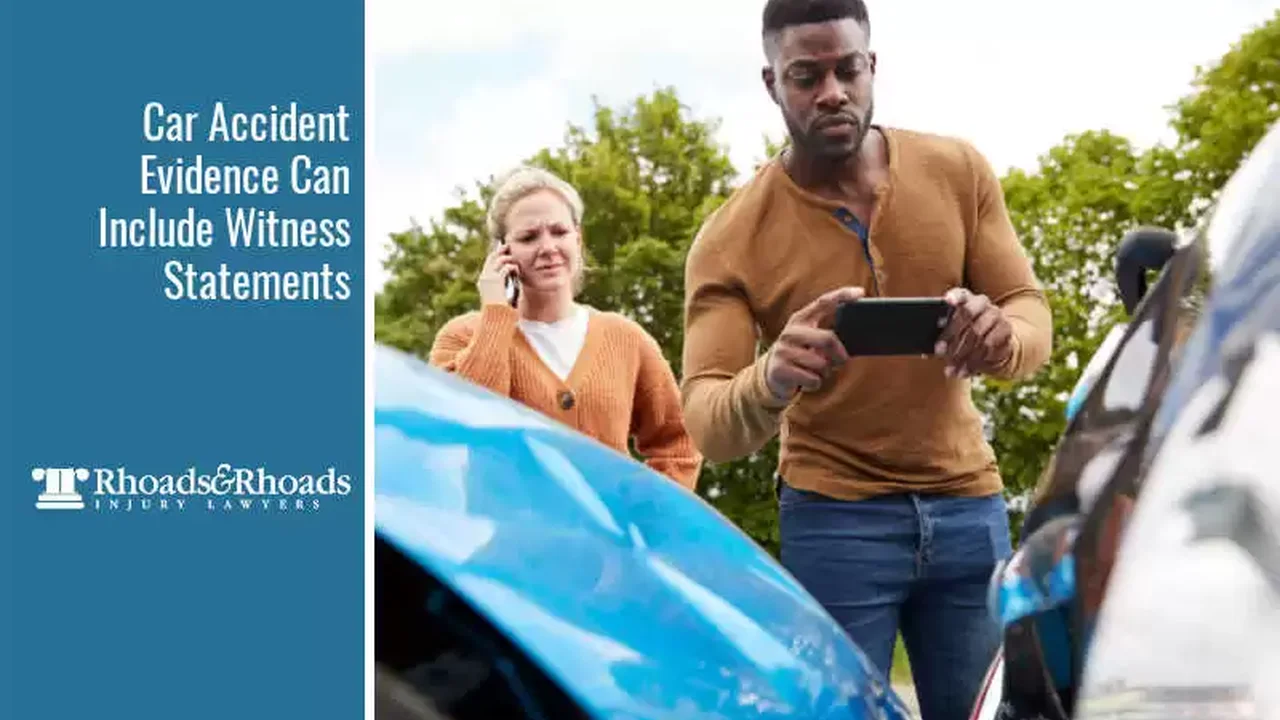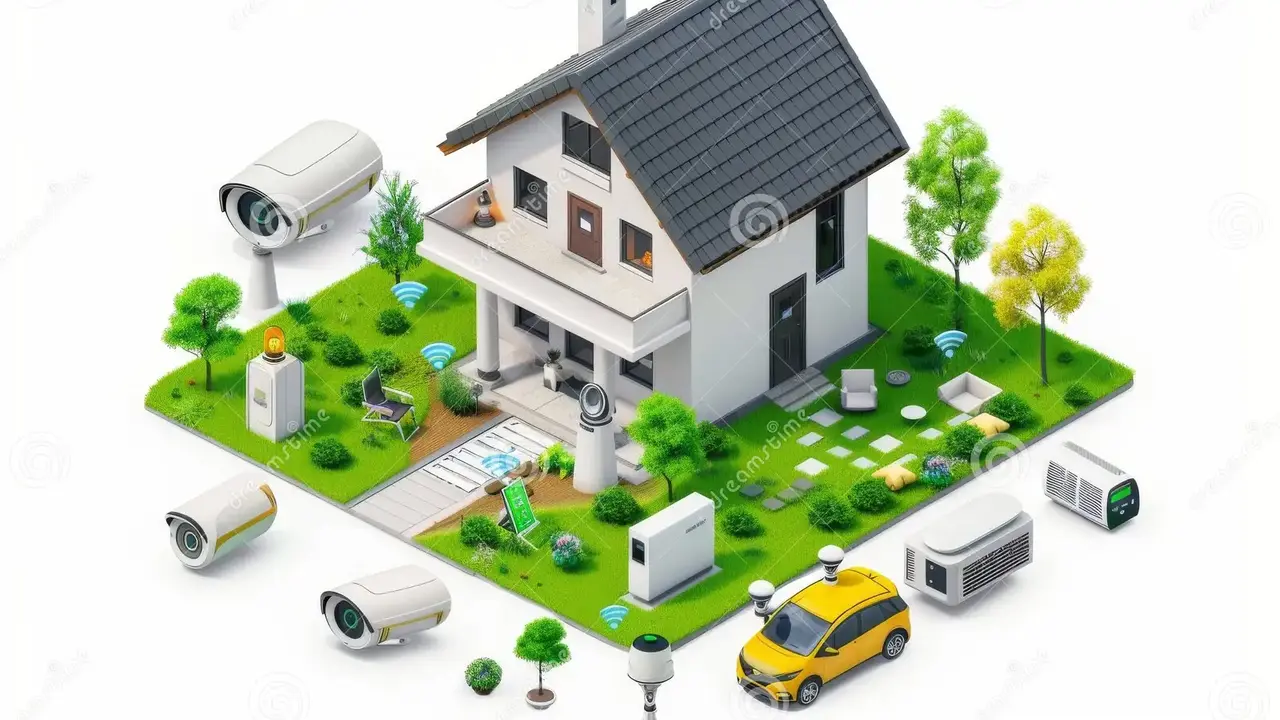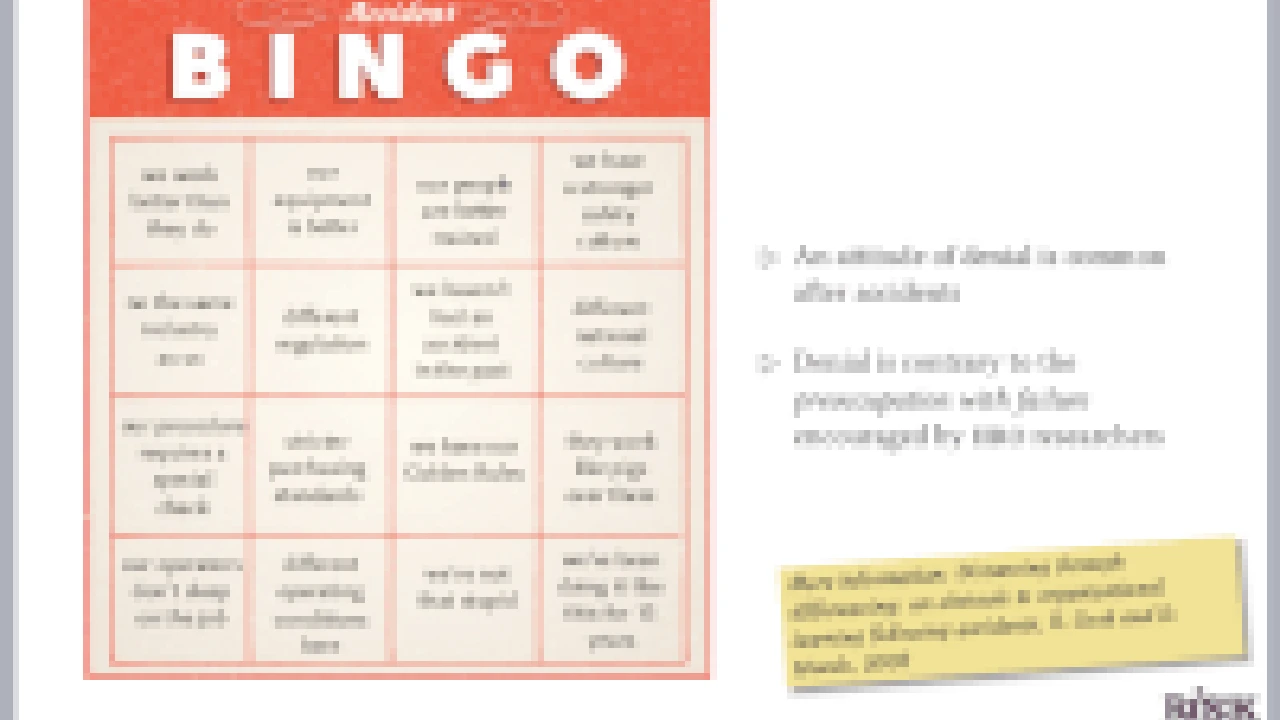Documenting the Accident Scene: Photos, Videos, and Witness Statements
Sample meta description.

Why Documenting the Accident Scene is Crucial Legal and Insurance Implications
Alright, so you've been in an accident. Not fun, right? But before you start hyperventilating, remember this: what you do *immediately* after the incident can make or break your case. Think of yourself as a CSI investigator, but instead of solving a murder, you're building a solid foundation for your insurance claim or potential legal battle. Documenting the scene isn't just about taking pretty pictures; it's about preserving evidence, protecting yourself from liability, and ensuring you get the compensation you deserve. Without proper documentation, you're relying on the other party's version of events, which might not be… accurate, shall we say?
Photos The Cornerstone of Accident Scene Documentation
Pictures speak a thousand words, and in the world of accident claims, they scream volumes. Grab your phone (or camera, if you're old school) and start snapping! Here's what you need to capture:
- Overall Scene Shots: Think wide angles. Show the entire intersection, the position of the vehicles, and any surrounding landmarks. Get different angles – from the front, back, and sides. Imagine you're painting a picture of the entire scenario.
- Damage Close-Ups: Zoom in on the damage to each vehicle. Focus on the impact points, scratches, dents, and broken glass. Don't be shy – get right in there! These close-ups will help determine the severity of the impact and the potential repair costs.
- Road Conditions and Contributing Factors: Was it raining? Was there debris on the road? Were the traffic lights malfunctioning? Document anything that might have contributed to the accident. A picture of a slippery road surface or a faded traffic sign can be invaluable.
- License Plates and VIN Numbers: Get clear shots of the license plates of all vehicles involved. Also, locate and photograph the Vehicle Identification Number (VIN) – usually found on the dashboard near the windshield. This is crucial for identifying the vehicles and their owners.
- Relevant Signage: Capture photos of any traffic signs, speed limit signs, warning signs, or construction signs in the area. These can help establish liability and prove negligence.
Videos A Dynamic Perspective on Accident Documentation
While photos are great, videos offer a dynamic perspective that can capture details that still images might miss. Use your phone's video recording feature to walk around the scene, narrating what you see. Point out specific details, such as skid marks, debris, and the position of the vehicles. Record the sounds of the scene – sirens, traffic, and any conversations you might have with other drivers or witnesses. Here are some tips for shooting effective accident scene videos:
- Keep it Steady: Use both hands or a stabilizer to avoid shaky footage. Nobody wants to watch a Blair Witch-style accident video.
- Narrate Clearly: Speak clearly and concisely, describing what you are seeing and recording. For example, "This is the front of my vehicle, showing significant damage to the bumper and hood."
- Focus on Details: Zoom in on specific details, such as damage, road conditions, and signage.
- Capture Audio: Ensure your phone's microphone is picking up clear audio. Record any conversations you have with other drivers, witnesses, or police officers.
- Keep it Short: Nobody wants to watch a 20-minute video of an accident scene. Keep your videos concise and focused on the most important details. Break it up into smaller clips if necessary.
Witness Statements Securing Independent Accounts of the Incident
Witnesses are gold! Their independent accounts can corroborate your version of events and strengthen your claim. If there are witnesses at the scene, approach them politely and ask if they saw what happened. Get their names and contact information. Ask them to write down a brief statement of what they saw. If they're willing, record their statement on video. Here's what you need to know about gathering witness statements:
- Be Polite and Respectful: Remember, witnesses are under no obligation to help you. Approach them politely and thank them for their time.
- Get Contact Information: Obtain their full name, phone number, and email address. You'll need to be able to contact them later if necessary.
- Ask Specific Questions: Don't just ask "Did you see the accident?" Ask specific questions, such as "Where were you standing when the accident happened?" and "What did you see?"
- Record Their Statement: If they're willing, ask them to write down a brief statement of what they saw. Alternatively, record their statement on video.
- Thank Them Again: Express your gratitude for their help. A simple "Thank you for your time, I really appreciate it" goes a long way.
Recommended Products for Accident Scene Documentation Cameras and More
Okay, so you're armed with your phone, but what if you want to take your accident scene documentation to the next level? Here are a few gadgets that can help:
Dash Cams Your Silent Witness on the Road Accident Prevention
Dash cams are small cameras that mount on your dashboard and record everything that happens in front of your vehicle. They're like having a silent witness that never blinks. In the event of an accident, the dash cam footage can provide irrefutable evidence of what happened. Here are a few recommended dash cams:
- Vantrue N4 3 Channel Dash Cam: This dash cam records the front, interior, and rear of your vehicle simultaneously. It's perfect for rideshare drivers or anyone who wants comprehensive coverage. It retails for around $250.
- Garmin Dash Cam 67W: This dash cam offers a wide 180-degree field of view and excellent video quality. It also has voice control and automatic incident detection. It retails for around $200.
- Thinkware F200 Pro: This dash cam is a reliable and affordable option that offers good video quality and parking mode. It retails for around $150.
Usage Scenario: Dash cams are ideal for everyday driving. They provide peace of mind knowing that you have a reliable record of everything that happens on the road. They're especially useful in situations where liability is unclear or disputed.
Comparison: The Vantrue N4 offers the most comprehensive coverage, while the Garmin Dash Cam 67W offers the best video quality and features. The Thinkware F200 Pro is a good budget-friendly option.
360-Degree Cameras Capturing the Entire Accident Environment
360-degree cameras capture everything around you, providing a complete panoramic view of the accident scene. They're perfect for documenting complex accidents or situations where you need to capture a wide field of view. Here are a few recommended 360-degree cameras:
- Insta360 ONE X2: This camera is easy to use and produces high-quality 360-degree videos and photos. It also has advanced stabilization and editing features. It retails for around $430.
- GoPro MAX: This camera is rugged and waterproof, making it ideal for documenting accidents in harsh conditions. It also has excellent image quality and stabilization. It retails for around $500.
- Ricoh Theta SC2: This camera is a more affordable option that still offers good 360-degree image quality. It's easy to use and has a compact design. It retails for around $330.
Usage Scenario: 360-degree cameras are ideal for documenting accidents in complex intersections or situations where you need to capture a wide field of view. They're also useful for creating virtual tours of the accident scene.
Comparison: The Insta360 ONE X2 offers the best combination of features and image quality, while the GoPro MAX is the most rugged and waterproof option. The Ricoh Theta SC2 is a good budget-friendly choice.
Voice Recorders Capturing Audio Evidence at the Scene
Sometimes, audio evidence is just as important as visual evidence. A voice recorder can capture conversations with other drivers, witnesses, or police officers. It can also be used to document your own observations and thoughts about the accident. Here are a few recommended voice recorders:
- Sony ICD-UX570: This voice recorder is easy to use and offers excellent audio quality. It also has a long battery life and plenty of storage space. It retails for around $70.
- Olympus WS-852: This voice recorder is another popular option that offers good audio quality and ease of use. It also has a built-in USB connector for easy file transfer. It retails for around $60.
- Zoom H1n: This voice recorder is a professional-grade option that offers exceptional audio quality. It's ideal for recording interviews or capturing ambient sounds at the accident scene. It retails for around $100.
Usage Scenario: Voice recorders are ideal for capturing conversations with other drivers, witnesses, or police officers. They can also be used to document your own observations and thoughts about the accident.
Comparison: The Sony ICD-UX570 and Olympus WS-852 are both good options for general use, while the Zoom H1n offers the best audio quality for professional applications.
Legal Considerations When Documenting an Accident Scene
Before you start snapping photos and recording videos, it's important to be aware of the legal considerations. In some jurisdictions, it may be illegal to record someone without their consent. It's also important to avoid obstructing traffic or interfering with the police investigation. Here are a few things to keep in mind:
- Consent: In some jurisdictions, it's illegal to record someone without their consent. If you're going to record a conversation with another driver or witness, ask for their permission first.
- Obstruction: Avoid obstructing traffic or interfering with the police investigation. Stay out of the way of emergency responders and follow their instructions.
- Privacy: Be respectful of other people's privacy. Don't take photos or videos of people without their permission.
- Accuracy: Be accurate and truthful in your documentation. Don't exaggerate or fabricate details.
- Preservation: Preserve your documentation carefully. Store your photos, videos, and witness statements in a safe place.
Documenting an accident scene can be stressful, but it's an essential step in protecting your rights and ensuring you get the compensation you deserve. By following these tips and using the right tools, you can build a strong case and navigate the claims process with confidence. Remember, be safe, be thorough, and be respectful. Good luck!
:max_bytes(150000):strip_icc()/277019-baked-pork-chops-with-cream-of-mushroom-soup-DDMFS-beauty-4x3-BG-7505-5762b731cf30447d9cbbbbbf387beafa.jpg)





